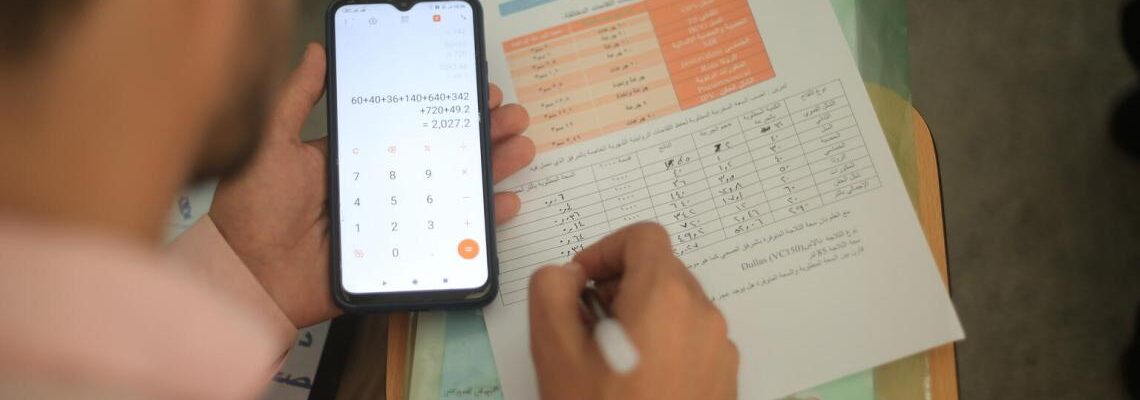Training health workers to improve children’s health
Yemen | 2022 | CBPF
Yemen. “Just one health worker who disseminates correct information about the vaccines and the importance of immunizing children can make a great impact and improve the services provided at their health facility,” says Howayda Saif, a consultant with GAVI, The Vaccine Alliance and a trainer on cold chain and vaccine management in Yemen. “Training health workers on setting objectives and evaluating progress leads to higher performance and vaccination coverage,” she adds.
Howayda Yassin has been working in the field of immunization since 1976. She attended several training courses and became a consultant in the Immunization Programme, funded by the GAVI alliance and the Central Emergency Response Fund (CERF). She stresses the importance of training health workers on preserving vaccines, giving advice to beneficiaries, archiving information, collecting data, and submitting monthly reports. “Vaccination is important to protect children from the diseases that have spread recently such as pertussis, diphtheria, polio, and measles,” she says.
Vaccination saves childrens lives
“I participated in the training course to enhance my skills and knowledge of immunization,” says Rowaida Al-Aqili, an immunization officer at Al-matar health center, in Marib. “Science evolves rapidly, so it is important to keep up with any new updates in this field to provide better immunization services to beneficiaries,” she explains.
“The training covered the theoretical and practical aspects of vaccinating children as well as preparing monthly reports of the used vaccines and the number of vaccinated children. I learned how to calculate and use graphs to illustrate the monthly and cumulative percentage of unvaccinated children and immunization coverage,” Rowaida adds. “We save children’s lives through vaccination; we protect them from deadly diseases and raise caregivers’ awareness about routine vaccinations,” she emphasizes.
Many fatal child diseases have re-emerged as a result of the conflict and the deterioration of health services in Yemen. “The prevention of diseases lies in immunization, so we encourage parents to vaccinate their children against deadly diseases. It is also important to raise awareness and dispel rumors about the vaccine’s safety through media,” Rowaida explains.
“Health workers face challenges with the delay in vaccines arrival and some parents’ reluctance to vaccinate their children,” she highlights. “However, acquiring these new skills will improve the quality of work and help us provide better immunization services,” she clarifies.
New skills and knowledge
“This training is very important, as we need to improve health services quality,” says Awad Muhammad Al-Kharraz, a health worker at Al-Hadba Health Center in Al-Wadi, Marib. “I learned new concepts about immunization in addition to the proper storage and administration of vaccines,” he explains. “The vaccines are safe, and they curb the spread of diseases and reduce mortality rates among children and women,” he adds.
“Many children are not vaccinated because some families refuse to vaccinate them; they are not aware of the vaccine’s safety and of the danger of these diseases,” Al-Kharraz explains. For this reason, educating people about these diseases and the benefits of vaccination will help increase health awareness in the community. “This training has enriched my knowledge of immunization and basic primary health care. It helped me overcome the challenges I face at the health center,” he concludes.
August 2022
Original story from unicef.org.
